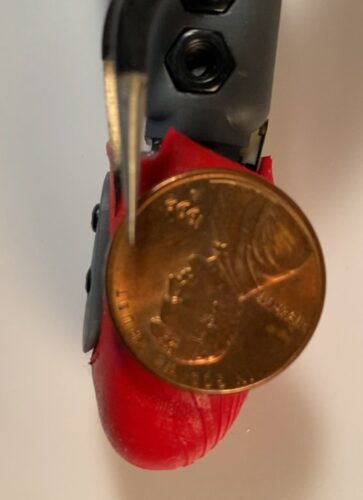BeBop Sensors have developed a Humanoid Fabric-Based Robo-Finger to provide human-like abilities for spatial resolution & sensitivity

Currently, the advanced robots with vision and language are not configured with the most essential elements i.e. the sense of touch, that is necessary for practical human/robot interaction. As robots are being implemented all over the world, they must interact and learn through the sense of touch and feel. Hence, BeBop Sensors’ Roboskin provides this mandatory touch factor. The BeBop Sensors Robo-Finger Evaluation System is a fabric-based sensor system that provides spatial resolution and sensitivity that surpasses the human abilities for interaction between humans and their robot helpers
BeBop Sensors’ Founder and CTO Keith McMillen said, “A growing number of companies are designing humanoid robots that can fit in the home and use human tools. We have been working with these roboticists refining our Robo-Finger for three years. We are pleased we can make this important contribution to the worldwide effort to bring humanoid robots into our lives to help people live longer, healthier, and more enjoyable lives.”
The RoboSkin finger’s 80 sensors are located within 2mm of each other, with each sensor featuring a greater than 80dB response rate and measuring 4 grams to 50 kg (.14 oz to 110 lb) for data far superior to the capability of human finger. Since the Robo-Finger is based on BeBop’s fabric sensing technology, the dimensions and behavior are highly customizable by Bebop, much like a tailor fitting a suit. The RoboSkin Robo-Finger Sensor Evaluation System is available immediately to qualified customers. The evaluation system comes with the BeBop Sensors’ Chrome app that supports recording of all data, the ability to apply signal processing, full 2D and 3D visualization, as well as streaming raw or processed data to a Web Socket port. Customized configurations are available.
BeBop Sensors’ CEO Francois Jeanneau said, “We can give any part of a robot tactile response. The finger was the most challenging, so we started there. We are seeking partners, researchers, and funders to advance the uses of fabric sense.”






